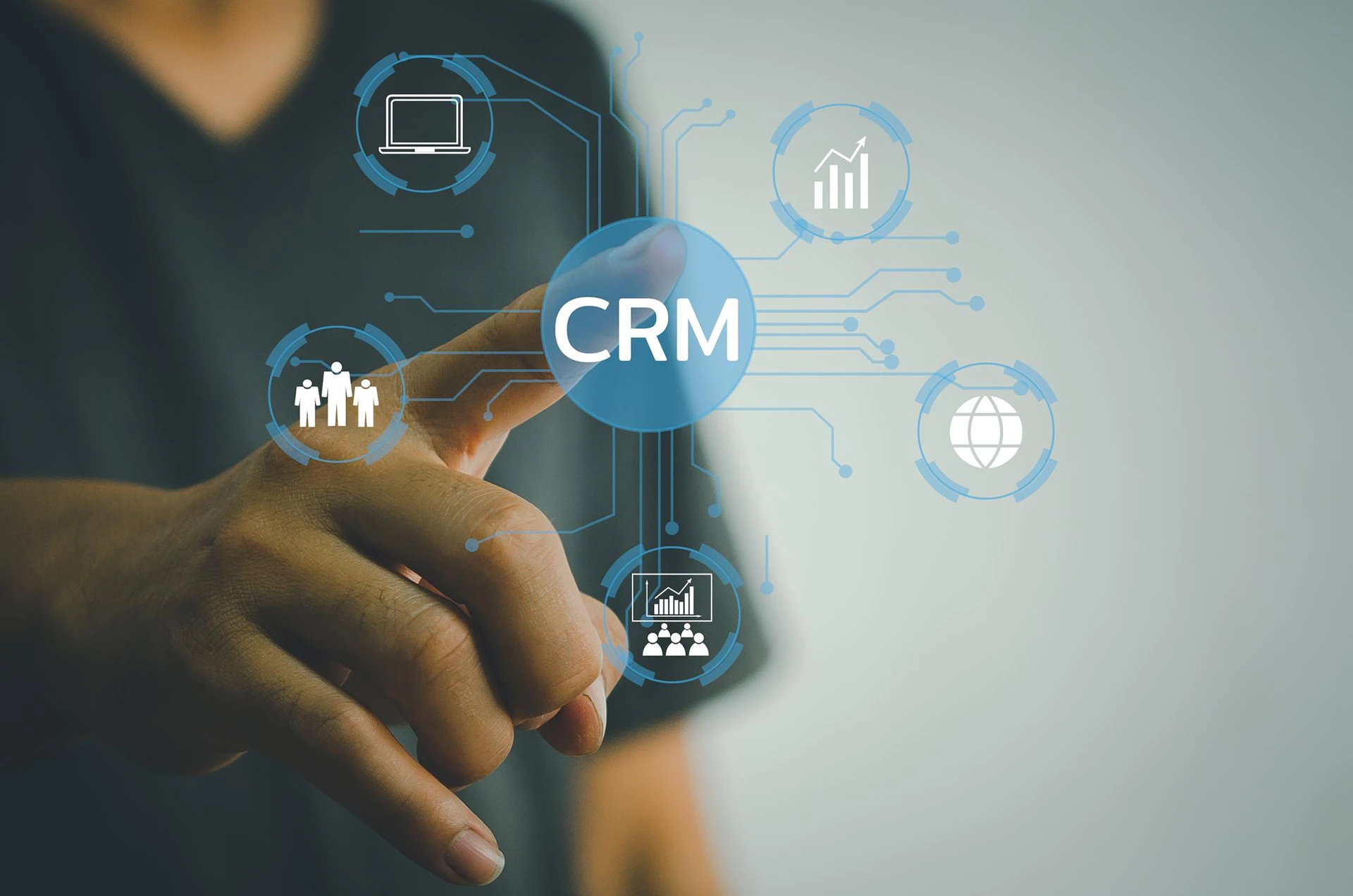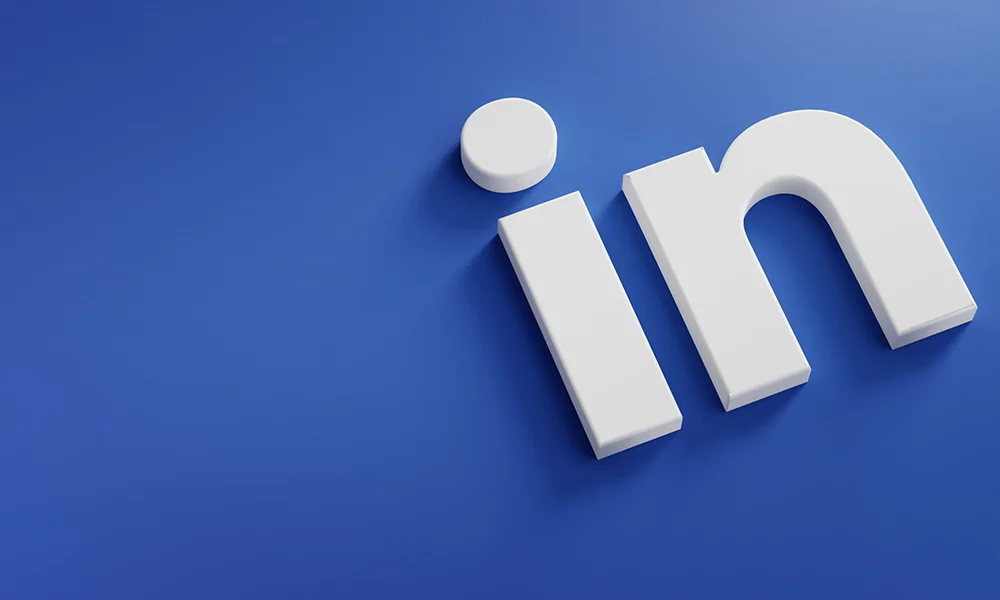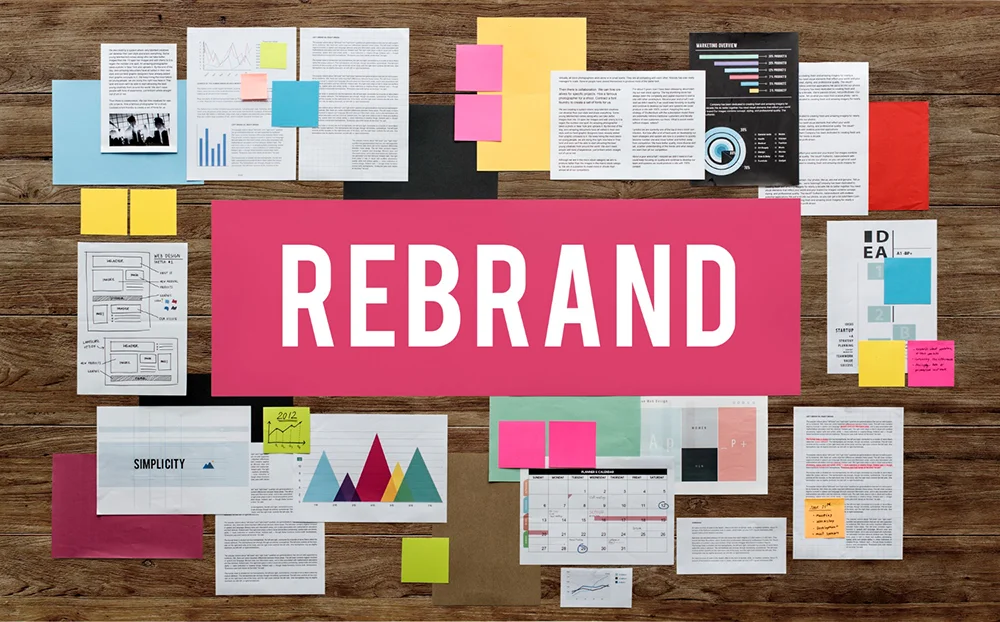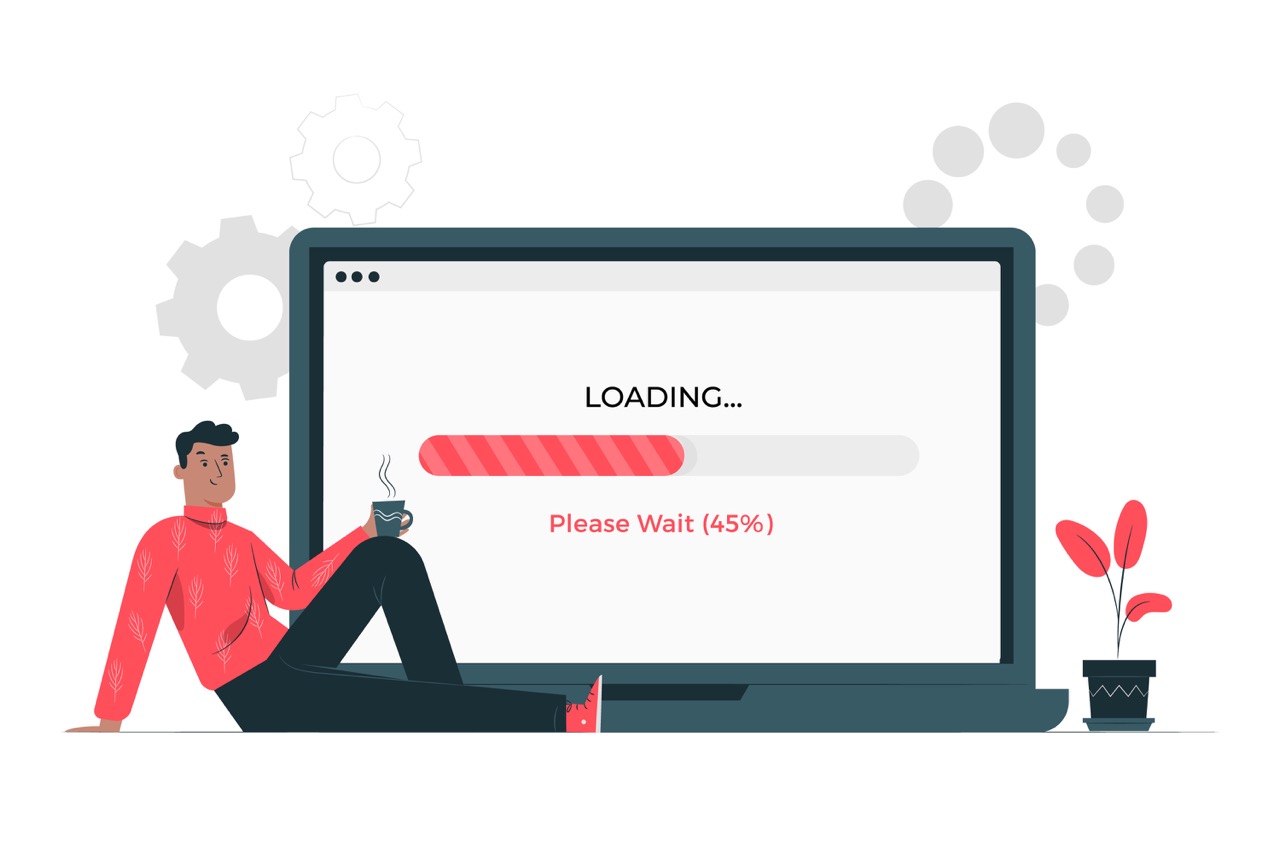
The term “marketing automation” is not a complete novelty, but is only becoming increasingly important as technology evolves. It refers to the software that automates marketing tasks, such as emails, social media posting, and other website actions. The rise of technology in the 21st century has seen a significant boost in the use of marketing automation, leveraging its capabilities to enhance the relationship between businesses and their customers.
Why Is Marketing Automation So Important?
- Efficiency: Automation tools help in doing more with less. They reduce repetitive tasks, ensuring that the marketing team can focus on strategy and creativity. In fact, marketers see an average increase of sales productivity by 14.5% and a reduction in marketing overhead by 12.2% when using marketing automation.
- Data Collection: These tools help collect vital data about potential customers, which can then be used to fine-tune marketing strategies. According to Invesp, companies using marketing automation for lead generation have seen an 80% increase in qualified leads.
- Personalization: It aids in tailoring content specifically for users based on their behavior, increasing conversion rates. Personalized emails, made possible through marketing automation, deliver 6x higher transaction rates, as reported by Campaign Monitor
- Multichannel Consistency: Automation ensures a consistent message across all platforms. Businesses that nurture leads using multi-channel marketing automation see an increase in sales opportunities by an average of 20% compared to those who don’t, according to Invesp.
Real-life Success Stories
Let’s look at how some of the giants in the industry have leveraged automation for their benefit:
- Airbnb: Their commitment to emerging technologies, including marketing automation, has boosted their growth. They not only optimize their content and communications but also offer automated services to hosts, such as automated guest communications and pricing management tools. This has created a self-sustaining ecosystem for scaling.
- BuzzFeed: With a vast amount of branded content to manage, BuzzFeed uses automation for scheduling social media communications. They have also leveraged it for optimized paid ads targeting specific audience segments, leading to a staggering 79% rise in revenue in Q2 2021.
- Netflix: Netflix’s domination in the streaming market is partly due to their use of marketing automation to create customized landing pages based on user preferences. This strategy also powers their recommendation system, influencing around 80% of user viewing patterns.

Marketing Automation and AI: A Dynamic Duo
AI is, in many ways, the backbone of modern marketing automation tools. As autonomous technologies have become increasingly accessible, numerous tools have emerged. A notable mention is Chat GPT, launched in Nov 2022. While designed to mimic natural conversations, it has a broad range of applications, from writing programs to composing music.
It is interesting to note that the AI in the marketing industry was valued at $6.46 billion in 2018 and is expected to reach $40.9 billion by 2025, as per MarketsandMarkets research. This growth is a testament to how AI and marketing automation are becoming essential tools for businesses.

The rapid development of technology has not only made it possible but imperative for businesses to incorporate automation into their marketing strategies. Data from Salesmate also reveals that businesses that excel at lead nurturing generate 50% more sales-ready leads at 33% lower cost. Additionally, nurtured leads make purchases that are about 47% larger than non-nurtured leads. By understanding your audience, setting the right tone, and making use of the incredible tools at your disposal, you can achieve remarkable results with marketing automation practices.





